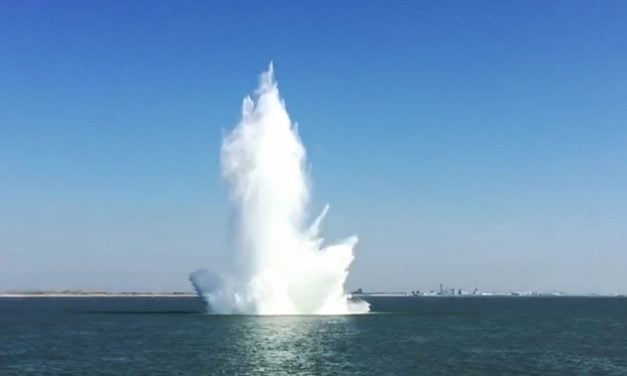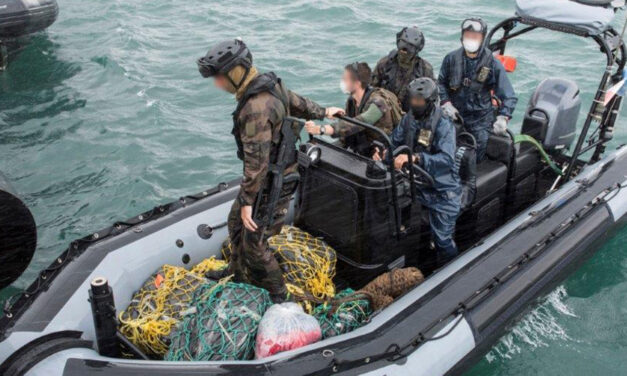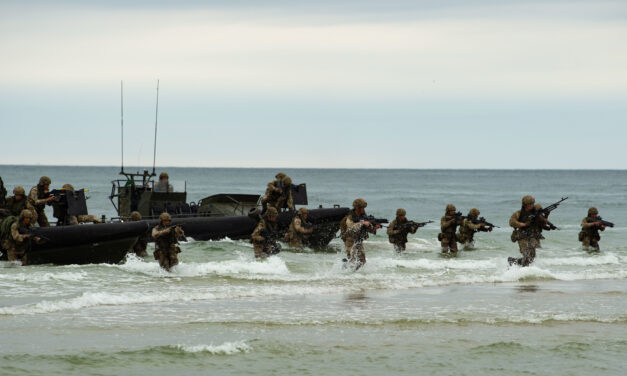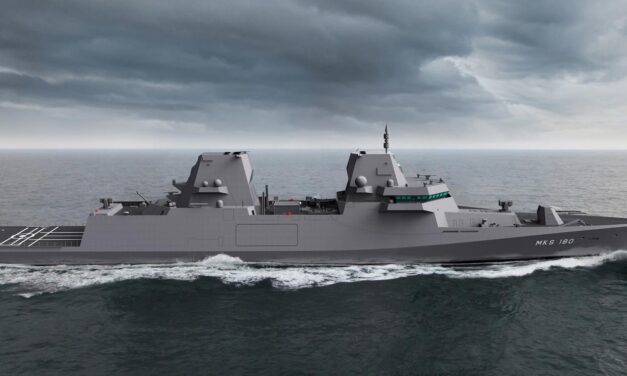The 75-year-old danger
Since the end of the Second World War, millions of tonnes of contaminated waste have been stored in German waters. Their removal is still the subject of controversial debate between the federal and state governments. In the twelve-mile zone of the North Sea and Baltic Sea and in the seaward Exclusive Economic Zone (EEZ), there are around 1.6 million tonnes of contaminated munitions, including over 5,000 tonnes of gas munitions. The nautical charts show 15 dumping areas, labelled as "unclean munitions" or "anchoring and fishing prohibited". There are also positions with scattered munitions. The inventory has not yet been finalised. Since 2011, the Federal/State Working Group on the North Sea and Baltic Sea (Blano) has published the annually updated report "Munitions contamination of German marine waters". Unfortunately, the...
Read More






Recent Comments